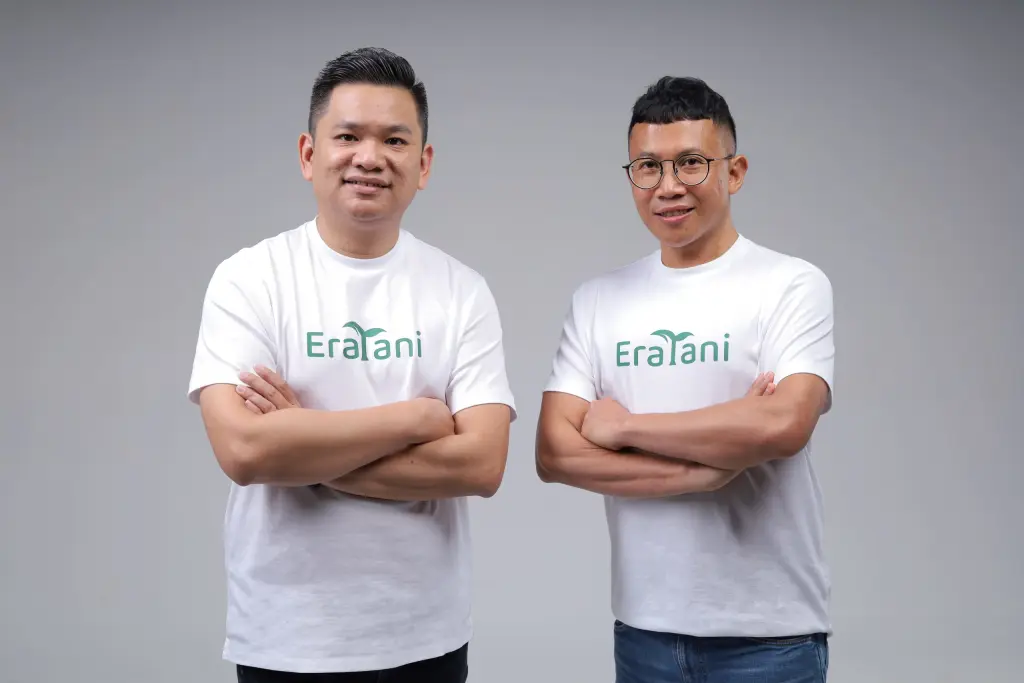In recent years, Indonesia’s agriculture sector has faced persistent challenges, from climate-related risks to inefficient supply chains and financing hurdles. Yet amid these complexities, technology is slowly reshaping the landscape. One standout player in this transformation is Eratani, an agriculture startup in Indonesia that recently secured a new round of funding to accelerate its mission.
The Eratani agritech funding marks a pivotal moment not only for the startup itself but also for the country’s growing agri-digital ecosystem. Backed by international investors, Eratani’s efforts aim to modernize how farmers manage inputs, access capital, and sell produce, all through a digitally connected platform. This article explores the significance of Eratani's funding, the role of technology in Indonesian agriculture, and what the future holds for agritech startups in the region.
A Closer Look at Eratani’s Funding Round
Eratani, founded in 2021, recently announced a successful funding round from major investors such as Trihill Capital, Kenangan Fund, and SMDV (Sinarmas Digital Ventures). While the funding amount was not publicly disclosed, the investment underscores growing investor confidence in agri-innovation in Southeast Asia.
The goal of this Eratani agritech funding is to scale the company’s digital agriculture services. These include:
- Providing farm input financing, such as fertilizers and seeds, to smallholder farmers.
- Digitizing farm management tools for planning, planting, and harvesting.
- Creating a more transparent supply chain, reducing the margin lost to middlemen.
- Offering end-to-end support, from production to distribution.
Currently, Eratani partners with over 50,000 farmers across Java, and the funding is expected to expand operations into Sumatra and Sulawesi. With agriculture still employing over 29% of Indonesia’s workforce (World Bank, 2023), Eratani’s impact could be far-reaching.
The Importance of Agritech in Indonesia
Indonesia is the fourth most populous country in the world, and agriculture remains vital to its food security and economic stability. However, the sector has long struggled with fragmentation, outdated practices, and limited financial access for smallholders.
This is where agriculture startups in Indonesia like Eratani come into play. Leveraging mobile technology, real-time data, and AI-driven insights, these startups are driving:
- Improved yield forecasting, which helps mitigate risks due to erratic weather.
- Efficient farm management, through customized planting schedules and crop monitoring.
- Supply chain traceability, to ensure food quality and reduce waste.
According to the Indonesian Ministry of Agriculture, digital agriculture has the potential to increase productivity by 30% if adopted at scale. Eratani’s model integrates education, logistics, financing, and market access in one platform — making it easier for farmers to focus on farming, not bureaucracy.
Sustainable Farming Through Innovation
Another key aspect of the Eratani agritech funding is its alignment with sustainable farming. Many traditional agricultural methods over-rely on chemical inputs and mono-cropping, leading to soil degradation and long-term ecological harm.
Eratani’s platform addresses this through:
- Crop rotation planning tools that reduce dependency on chemical fertilizers.
- Access to organic inputs, which are often difficult for small farmers to obtain.
- Educational content and field training, ensuring farmers understand sustainable methods.
- Smart irrigation recommendations, helping conserve water resources in drought-prone areas.
This combination of technology and education creates a feedback loop of improvement. As farmers begin to adopt smarter practices, their yields improve, income grows, and ecological impact is minimized.
In fact, early pilot programs from Eratani showed that participating farmers increased their productivity by 25–30% in a single harvest cycle, without increasing environmental footprint.
Agritech in the Eyes of Investors
The surge in investor interest in farming technology reflects broader trends. Globally, agritech funding hit $10.6 billion in 2023 (AgFunder), and Southeast Asia is one of the fastest-growing markets in this space.
Why are investors so keen?
- Demographic urgency: Southeast Asia’s population is growing, and food demand is rising.
- Underserved markets: Many farmers still operate outside formal financial and digital systems.
- Policy support: Governments like Indonesia are beginning to support agri-digitalization through public-private partnerships.
- Climate resilience: Agritech startups are offering tools that reduce dependency on seasonal trends.
For Eratani, the backing of players like Trihill Capital and SMDV is more than just financial. These investors also bring expertise in digital scaling, logistics, and regional expansion, crucial for the startup’s next phase.
Challenges Ahead and the Road Forward
While the Eratani agritech funding is a major milestone, challenges remain. Adoption of farming technology is still limited by:
- Digital literacy gaps, especially among older farmers.
- Connectivity issues in rural and remote areas.
- Trust barriers, where farmers may hesitate to rely on mobile apps over traditional methods.
To address these, Eratani is investing in on-the-ground training teams and building partnerships with local cooperatives and agricultural extension workers. Moreover, Eratani plans to integrate AI-powered chatbots in regional languages to assist farmers with real-time advice, a game-changer for scalability.
Looking forward, the startup is also eyeing climate-smart features such as flood early warning systems and carbon tracking, aligning with global sustainability goals.
Conclusion: Eratani and the Future of Indonesian Farming
The recent Eratani agritech funding marks more than a financial win — it’s a validation of the role that digital innovation can play in reshaping traditional industries like agriculture. By empowering farmers with data, capital, and access, Eratani is laying the groundwork for a more resilient, productive, and sustainable food system in Indonesia.
As the startup expands and inspires a wave of new agriculture startups in Indonesia, the country moves closer to a future where farming is no longer seen as a low-tech, high-risk occupation, but rather a strategic and tech-savvy career path. And with food security now more critical than ever, startups like Eratani could become national pillars in ensuring that Indonesia feeds itself — efficiently and sustainably.
Read More






 Tuesday, 24-02-26
Tuesday, 24-02-26







